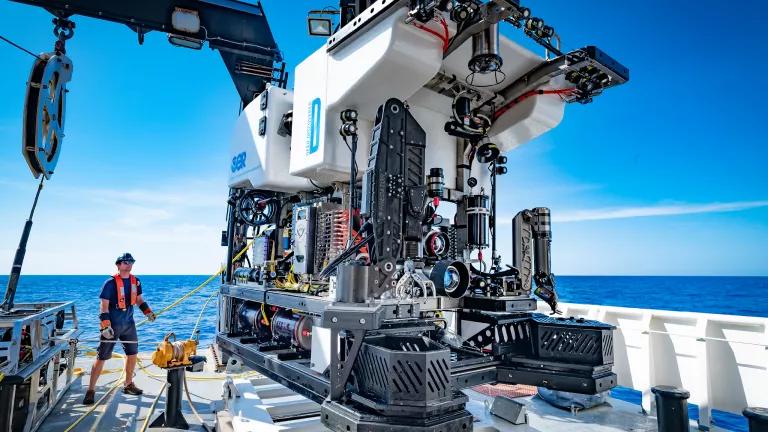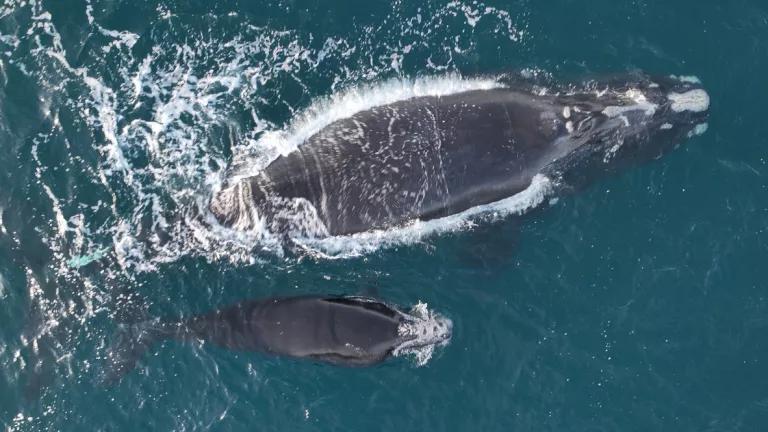“Not only are we already experiencing severe declines in many species to the point of commercial extinction in some cases, and an unparalleled rate of regional extinctions of habitat types (eg mangroves and seagrass meadows), but we now face losing marine species and entire marine ecosystems, such as coral reefs, within a single generation. Unless action is taken now, the consequences of our activities are at a high risk of causing, through the combined effects of climate change, overexploitation, pollution and habitat loss, the next globally significant extinction event in the ocean.”
This alarming conclusion comes from a group of experts convened in April by the International Programme on the State of the Ocean (ISPO) at the University of Oxford. In their recently released report, the group’s conclusions are stark. “We have underestimated the overall risks,” they write. “[T]he whole of marine degradation is greater than the sum of its parts.”
We need a “common sense rethink,” and here’s why: as the report notes, we’re seeing warming, acidification, and now oxygen depletion in the oceans -- three symptoms of carbon cycle disruption that have accompanied most if not all of Earth’s five mass extinctions in the last 600 million years. Meanwhile many other trends—alarming Arctic sea ice melt, massive dead zones, sea level rise, and invasive species, to name a few—are escalating faster than predicted by the International Panel on Climate Change and other experts. As they accelerate, they are propelling dramatic changes in marine species distribution and disrupting food webs.
Add to this the destructive effects of bottom trawl fishing, plastic pollution, shark finning, polluted runoff and other harmful activities, and you have a recipe for impending disaster.
As the environmentalist John Muir wrote, "when we try to pick out anything by itself, we find it hitched to everything else in the Universe." That holds true for the world’s oceans. The ISPO report calls what’s happening “negatively synergistic”: various factors—led by those related to climbing atmospheric CO2—are adding up to more than the sum of their parts, leading to “unparalleled” habitat loss and possible ecosystem collapse.
We need an immediate reduction in CO2 emissions, as the report concludes. Let’s find a way to get it done. But in the meantime, we must make sure the oceans remains as resilient as possible by curbing other harmful human pressures on our seas, such as overfishing, pollution, and habitat destruction, and by establishing marine protected areas.
The ISPO report notes that 64 percent of the ocean lies outside of any nation’s jurisdiction—the High Seas, it’s called, but it is more like the Wild West. If we are to help the oceans, we must get a better management system for this global commons in place, one that requires basic environmental impact assessment for all industrial activities, strong controls on harmful development, and creation of multi-sector marine protected areas. The IPSO report recommends urgent action by the world community to strengthen the rules governing human activities on the high seas in order to better protect these waters.
NRDC has joined with many other organizations urging countries to take action to protect the high seas and the oceans as a whole at the Earth Summit in Rio, 2012.
The good news is that many marine areas showing signs of significant degradation can still recover. But we need to act, and fast.




